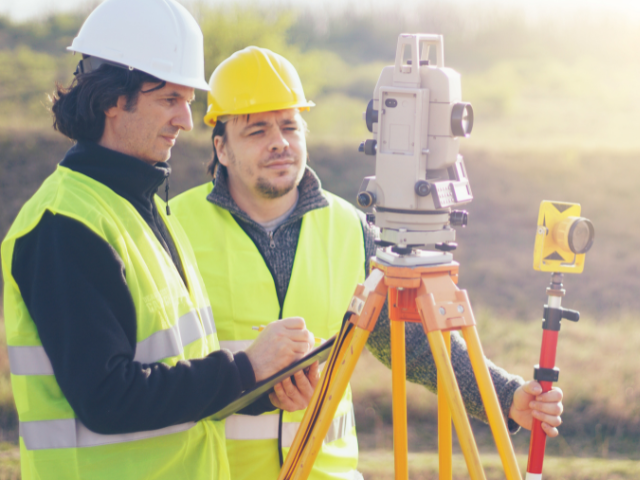Site selection is a crucial step in the development process, as it determines the location and layout of a construction project. One important factor to consider during site selection is the availability and accessibility of utilities, such as electricity, sewer, water, and natural gas. These utilities play a vital role in the functionality and operation of any construction project, and their availability can significantly impact the feasibility and cost of a project. For example, a construction site that is not easily connected to electricity or water may require costly infrastructure upgrades, which can increase the overall cost of the project.
There are several factors to consider when evaluating the availability of utilities for a construction site. The distance from the construction site to the nearest utility connections can impact the cost and ease of access to utilities. If the site is located far from a water source, it may require the installation of a long water line, which can increase the cost of the project. The capacity of the utilities in the area must also be sufficient to meet the needs of the construction project. If the utilities do not have enough capacity to support the project, it may be necessary to upgrade or expand them, which can be costly. The infrastructure of the utilities, such as power lines and water pipes, must be in good condition and able to support the project. If the infrastructure is outdated or in poor condition, it may need to be replaced or upgraded, which can increase the cost of the project. The availability of utilities may also vary depending on the location and type of construction project. For example, a construction site located in a remote area may have limited access to certain utilities, such as natural gas.
It is important to consider any local regulations or ordinances that may impact the availability of utilities. Some areas may have zoning laws that restrict the use of certain utilities, such as natural gas, in certain areas. It is essential to be aware of these regulations and to work with a utility provider or a consulting firm that can help navigate the complex process of obtaining the necessary utilities for a construction project. This can help avoid delays and unexpected costs during the construction process.
In addition to the cost of the utilities themselves, there may also be additional costs associated with preparing the construction site for utility installation. This may include grading and leveling the site, digging trenches for underground utilities, and installing utility poles or other infrastructure. These costs can vary significantly depending on the specific needs of the project and should be carefully considered during the site selection process.
To ensure that the utilities are sufficient for a construction project, it is important to work with a utility provider or a consulting firm that can assess the availability and capacity of the utilities in the area. This assessment should be completed early in the site selection process to ensure that any potential issues can be addressed before the project begins.
The availability and accessibility of utilities play a crucial role in the success of a construction project. By carefully evaluating the utilities at a potential construction site, developers can ensure that the project is feasible and cost-effective. By including the keyword “site utilities” in your content, you can optimize your blog for search engines and make it easier for potential readers to find your content. It is always better to do proper research and planning before starting a construction project to ensure its success.


